The world's population is growing at an alarming rate. In just over 200 years, the world's population has exploded from 1 billion to 7 billion people. This unprecedented growth has had profound effects on the planet and its resources. As the world's population continues to grow, so too do the negative effects of overpopulation.
These effects include dwindling natural resources, increased pollution, and climate change. In order to sustain our planet and its inhabitants, it is essential that we address the issue of overpopulation. The following blog post will explore the effects of overpopulation on the world and what can be done to mitigate them.
What is overpopulation?
Overpopulation is a global issue that occurs when there are too many people for the amount of resources available. This can lead to a decrease in the quality of life for those affected, as well as environmental problems.
There are a number of factors that can contribute to overpopulation, such as a high birth rate, a low death rate, and an increase in immigration. Additionally, overpopulation can put strain on social services, infrastructure, and the natural environment.
World's Population growth
The population is developing at a disturbing rate. As indicated by the Unified Countries, the total population is projected to reach 9.8 billion by 2050. That's an increase of over 2 billion people in just 32 years! The main reason for this rapid growth is increasing global life expectancy and declining fertility rates.
The effects of this population growth are far-reaching. More people means more demand for resources like food, water, and energy. It also puts strain on infrastructure and services, and can lead to social and political instability.
To sustain this growing population, we need to find ways to produce more food with less land and water, use resources more efficiently, and reduce our reliance on fossil fuels. We also need to ensure that everyone has access to basic needs like education and healthcare.
With more people comes more demand for resources like food, water, and shelter. This can lead to shortages of these essential items, as well as increased competition for jobs and other opportunities. Additionally, overpopulation can put a strain on infrastructure and public services, like healthcare and education.
World Population day
July 11th is World Population Day, a day to reflect on the state of the world’s population. The United Nations has been observing World Population Day since 1989, and each year they release data and information on global population growth and trends.
This year, the UN released data showing that the world’s population is now 7.7 billion people. This number is up from 7.6 billion in 2017, and it means that the world’s population is growing by about 83 million people every year. This growth rate is not sustainable, and it is putting immense pressure on our planet’s resources.
The impacts of overpopulation are now being felt by individuals everywhere. In many countries, food shortages are becoming more common as farmers struggle to keep up with demand. This is leading to higher food prices and increased hunger.
In other parts of the world, water shortages are becoming a serious problem as populations outgrow their local water supplies. And as more people move into cities, air pollution and traffic congestion are getting worse.
This World Population Day, take some time to think about the effects of overpopulation on our planet and what we can do to help reduce its impact. There are many things we can do as individuals to help make a difference, such as reducing our consumption of resources, recycling more often, and supporting family planning initiatives. Together, we can make a difference and help ensure a sustainable future for our planet.
Effects of Overpopulation
The total population is developing at a disturbing rate. According to the United Nations, the world's population is expected to reach 9.7 billion by 2050. This growth is largely due to the increase in birth rates and the decrease in death rates. The effects of overpopulation are far-reaching and disastrous.
As the world's population continues to grow, the demand for resources will also increase. This will lead to dwindling resources and an overall decline in the quality of life. Competition for jobs will become more fierce, and wages will stagnate or decline. The standard of living will decrease as the world's resources are depleted.
Overpopulation also has a negative effect on the environment. The increased demand for resources will lead to more pollution and habitat loss. This will further exacerbate the effects of climate change and put even more strain on the world's ecosystems.
The effects of overpopulation are already being felt by many people around the world. In order to avoid a complete catastrophe, it is important to address this issue before it is too late. One of the most serious effects of overpopulation is the depletion of natural resources. With more people comes the need for more food, water, and energy. This puts a strain on the earth's resources, leading to deforestation, soil erosion, and water scarcity. Overpopulation also contributes to climate change as greenhouse gas emissions increase.
Other effects of overpopulation include poverty, disease, hunger, and political instability. When resources are scarce, it leads to competition and conflict. This can cause social agitation and even brutality. In addition, overpopulated areas are often plagued by crime and corruption as people struggle to get by. The effects of overpopulation are wide-ranging and devastating. It is imperative that we find a way to slow down population growth before it's too late.
How to reduce the effects of Overpopulation
Overpopulation is a global issue that has far-reaching effects on our environment, economy, and social stability. The world's population is projected to reach 9.7 billion by 2050, and with it comes the grave challenge of how to sustainably provide for all these people. Solutions to this problem are complex and multifaceted, but there are things we can all do to help reduce the effects of overpopulation.
1. Educate yourself and others about the issue.
The initial step to tackling any issue is figuring out it. Learn about the causes and effects of overpopulation, and share this knowledge with others. The more people are aware of the issue, the more likely we are to find workable solutions.
2. Support family planning initiatives.
Making family planning services accessible and affordable is one of the most effective ways to reduce population growth. When women are able to control their own fertility, they are more likely to have fewer children and spacing them further apart. This not only reduces strain on resources, but also leads to healthier families and improved economic outcomes.
3. Advocate for women's rights and gender equality.
Empowering women and achieving gender equality are two of the most powerful tools for reducing population growth. When women are educated and have control over their own lives, they make decisions that lead to smaller families and improved wellbeing for all.
On an individual level, one of the best things you can do is to have fewer children. This may seem like a personal decision, but it's actually one with far-reaching consequences. Just by having one fewer child, you can reduce your carbon footprint by an estimated 58.6 metric tons - that's the equivalent of taking 626 cars off the road! Other things you can do include supporting family planning initiatives and using contraception; both of these help empower women and give them control over their own fertility, which is a key driver of population growth.
At a societal level, we need to invest in sustainability initiatives that will help us limit our impact on the planet. This includes things like renewable energy sources, efficient transportation systems, and sustainable agricultural practices. We also need to improve access to education and health care services around the world; when people are empowered with knowledge and opportunity, they're more likely to make choices that benefit themselves and the planet in the long term.
How to solve the problem of Overpopulation
It is estimated that there are 7.6 billion people on Earth as of 2016, and this number is projected to increase to 9.8 billion by the year 2050. With the world's population continuing to grow at an alarming rate, it is evident that something must be done in order to solve the problem of overpopulation.
There are a variety of ways in which the problem of overpopulation can be solved, and it is important to consider all of the options before deciding on a course of action. One way to solve the problem is to encourage people to have fewer children. This can be done through education and awareness campaigns that emphasize the importance of family planning. Another way to solve the problem is to provide better access to birth control and other forms of contraception. This would allow people to make informed decisions about their reproductive health and help reduce the number of unwanted pregnancies.
investment in infrastructure and resources in developing countries would also help alleviate some of the pressure that comes with overpopulation. By providing clean water, sanitation, healthcare, and education, developing countries would be better equipped to handle a growing population.
World's population is growing at an alarming rate
The population is growing at an alarming rate. This is having a number of effects on the world, including:
- Increased pressure on resources, such as food and water
- Poor living conditions in many parts of the world
- Environmental damage
Overpopulation is a major problem that needs to be addressed urgently. We need to find ways to reduce the rate of population growth, or we will face serious consequences.
One way to reduce population growth is to improve access to family planning and contraception. This can help couples to choose when they have children, and how many they have .Different measures that can be taken include:
- Providing education on the effects of overpopulation
- Encouraging smaller families
- Improving living conditions in developing countries
We need to act now to prevent the negative effects of overpopulation from becoming unmanageable.
Effects of Overpopulation on the Environment
The effects of overpopulation on the environment are significant. The world's population has grown exponentially over the past few centuries, and this growth has put a strain on the planet's resources. Overpopulation can lead to environmental degradation, loss of biodiversity, and dwindling resources. It can also cause pollution and contribute to climate change.
In order to sustain the current population, the world would need two Earths' worth of resources. However, the planet only has a finite amount of resources, so overpopulation can lead to resource scarcity. This can cause conflict and lead to social instability. Overpopulation can also put a strain on infrastructure and lead to problems such as overcrowding, traffic congestion, and housing shortages.
With the world's population projected to reach 9 billion by 2050, it is imperative that we find ways to reduce our impact on the planet. We must learn to live sustainably so that we can protect our environment for future generations.
Overpopulation can lead to:
- Deforestation
- Soil erosion
- Desertification
- Air pollution
- Water pollution
- Loss of biodiversity
Effects of overpopulation on Society
As the world's population continues to grow, the effects of overpopulation on society are becoming more and more evident. The most obvious effect of overpopulation is the strain it puts on resources. With more people come more mouths to feed, more houses to build, and more waste to dispose of. This strain on resources can lead to environmental degradation, as well as social and economic problems.
One of the most serious effects of overpopulation is the way it can degrade the environment. As more people use resources, there is more pollution and habitat destruction. This can lead to a loss of biodiversity, as well as problems like water and air pollution.
Overpopulation can also lead to social problems. As the world's population grows, so does the number of people living in poverty. This can lead to crime and violence, as well as social unrest. Additionally, overpopulation can put a strain on infrastructure, making it difficult for countries to provide adequate housing, healthcare, and education for all of their citizens.
In the long run, overpopulation could have devastating consequences for the planet. If we do not find a way to control the world's population growth, we could see drastic increases in famine, disease, and social unrest. Additionally, the strain on resources could lead to even more environmental degradation, making it difficult for future generations to live healthy and prosperous lives.
Overpopulation can also lead to a decline in the quality of life. As population density increases, so does competition for scarce resources. This can lead to increased crime rates, as well as social unrest and violence. In addition, overpopulation can cause overcrowding and poor living conditions, which can lead to health problems.
Effects of overpopulation on the Economy
There are many effects of overpopulation on the economy. One effect is that it can lead to inflation. When there are too many people chasing too few goods, prices for those goods go up. This can cause a domino effect, with the prices of other goods and services also going up in response to the inflation. Overpopulation can also lead to unemployment, as there are not enough jobs to go around.
Also, overpopulation can prompt social turmoil and struggle. When people are crammed into close quarters and there are not enough resources to go around, it can create an environment ripe for violence. Finally, overpopulation can put a strain on infrastructure and public services. If a country does not have enough resources to support its population, it can lead to a breakdown in social services, such as education and healthcare.
This can lead to social unrest and even violence, as people compete for scarce resources. Overpopulation can also put a strain on infrastructure and public services, as there are more people using them than they were designed for. This can lead to things like power outages, water shortages, and traffic jams. All of these effects can have a negative impact on the economy.
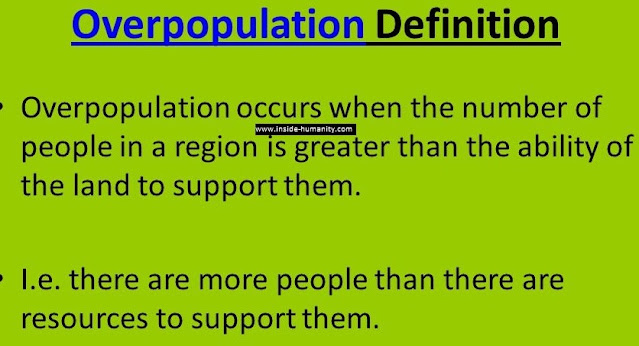
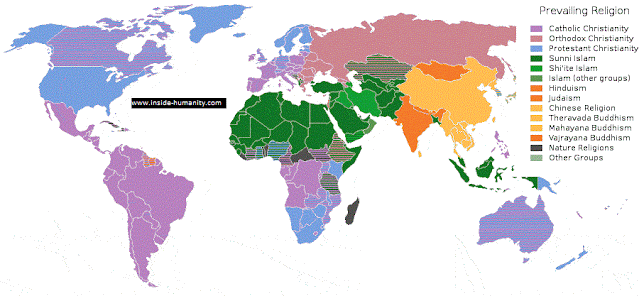


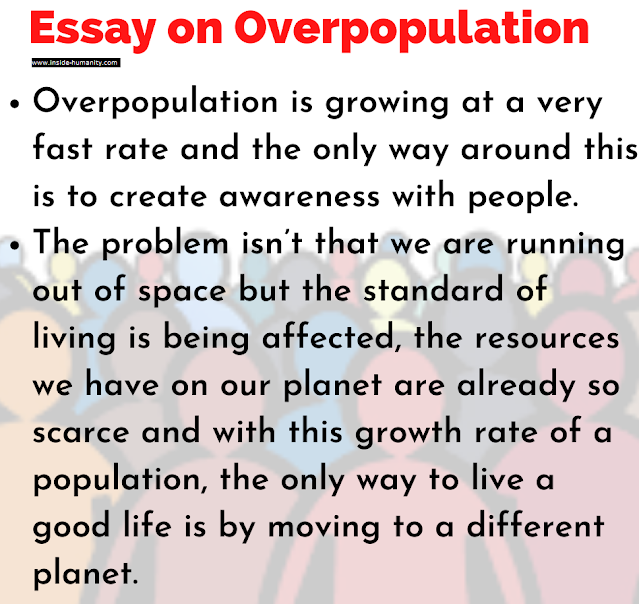
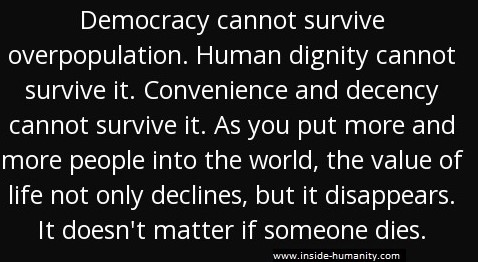
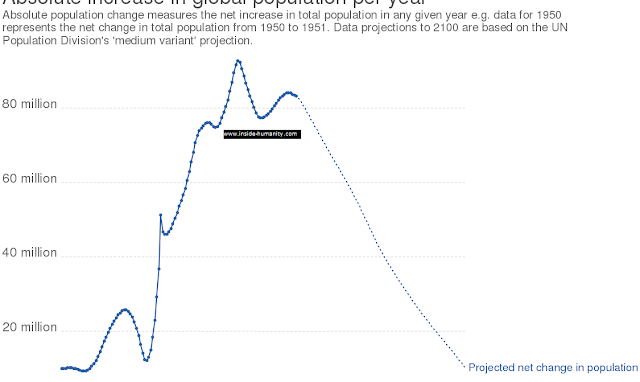
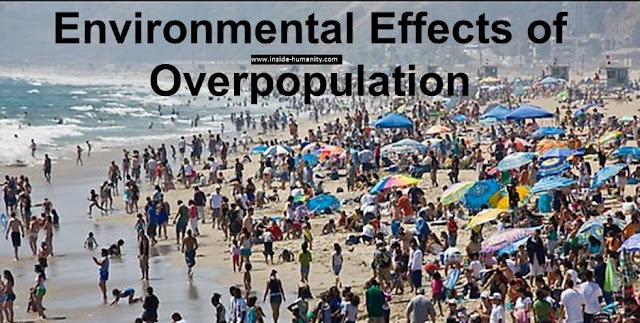

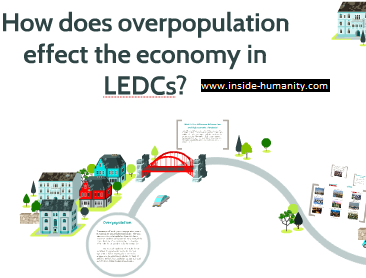


0 Comments
Thank you. We'll reply you shortly.